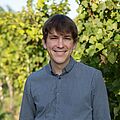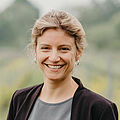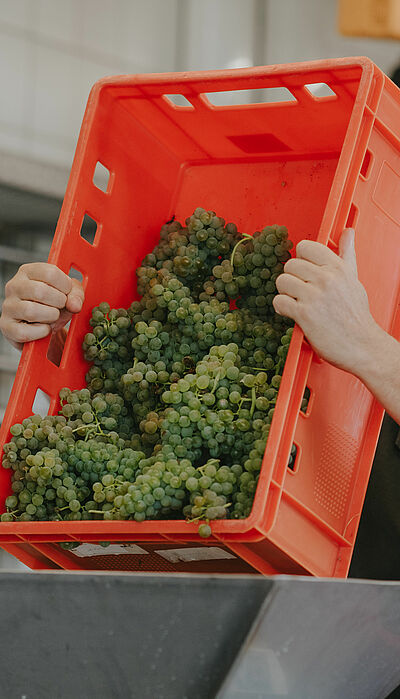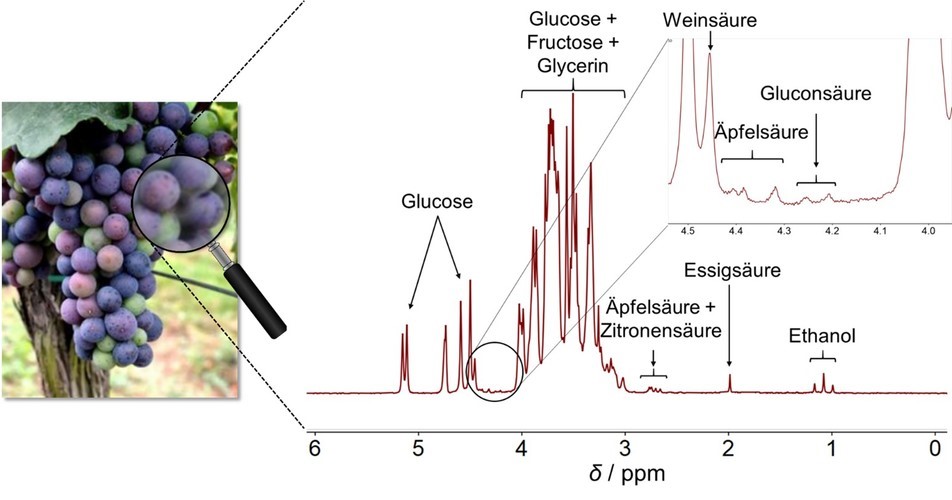Background and project objective
In winegrowers' cooperatives and wineries, reliable and rapid analysis of incoming batches of grapes is essential today. Ideally, a sample is taken from the grape or mash container before unloading and analyzed for sugar and acid content as well as rot indicators using Fourier transform mid-infrared (FT-IR) spectroscopy. If the measurements indicate that the degree of rot in the grapes is too high, this can lead to deductions in the payment or even the rejection of entire batches of grapes. At the same time, the values provide important information for further winemaking. A major disadvantage of the established FT-IR spectroscopy is the indirect measurement method, in which FT-IR spectra are correlated with the reference analysis using a statistical model. This often leads to incorrect results. Nuclear magnetic resonance (NMR) analysis offers many advantages in this respect, as it measures the chemical species directly without the need for special sample preparation. It therefore provides very reliable quantitative results without the need for complex specific calibration in the relevant matrix such as must and wine. Until now, however, there has been a lack of inexpensive NMR measuring devices that can be used for mobile wine analysis. For some years now, compact benchtop NMR spectrometers have been available that meet these criteria.
The aim of the project is to determine the most important quality parameters in must and wine using benchtop NMR analyses with high sensitivity and in a legally reliable form. A fully automated unit for must analysis is being developed for this purpose. It consists of sampling, sample processing and NMR measurement. The unit is to be used in the grape reception area of winegrowers' cooperatives and wineries. The NMR spectra are automatically analyzed and allow the results to be communicated in the form of concentration data for valuable ingredients and indicators for rot and grape variety purity.
The cooperation project with the Institute of Viticulture and Enology (Dr. Patrick Nickolaus, Prof. Dr. Ulrich Fischer) and the RPTU Kaiserslautern-Landau (project leader Dr. Kerstin Münnemann) is funded by the Federal Ministry of Economics and Climate Protection via the Forschungskreis der Ernährungsindustrie e.V. (FEI) project number: 01IF23037N.
Contact person
Contact us now!

Julian Lueck

Dr. Patrick Nickolaus

Prof. Dr. Lena Keller


